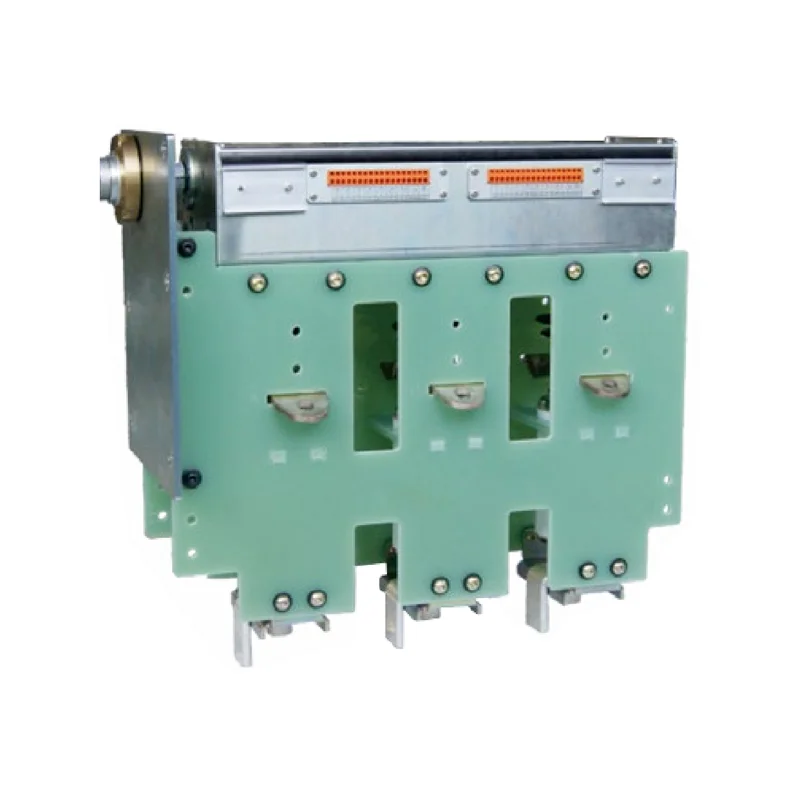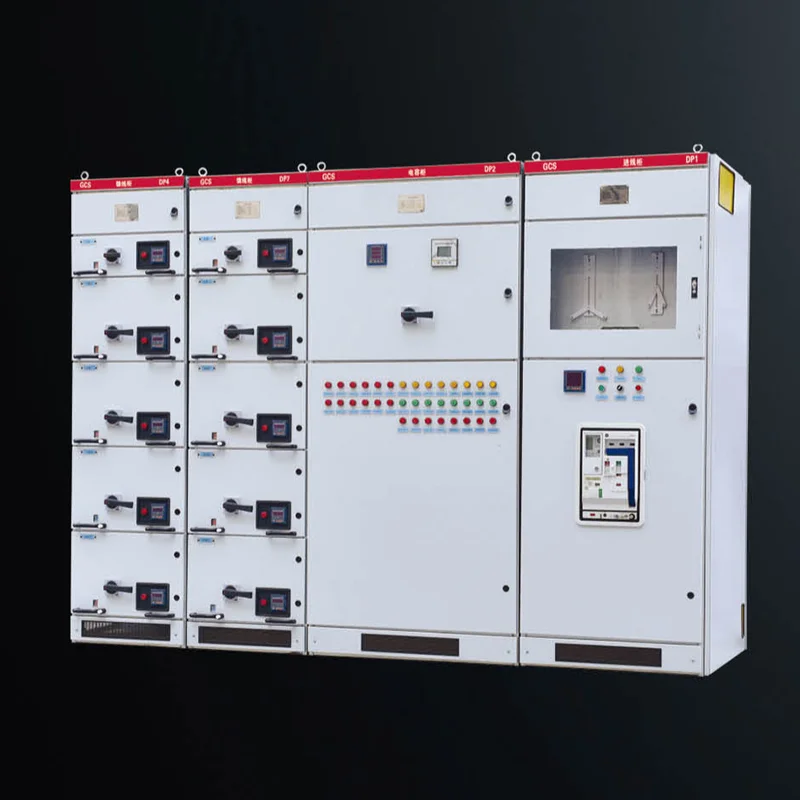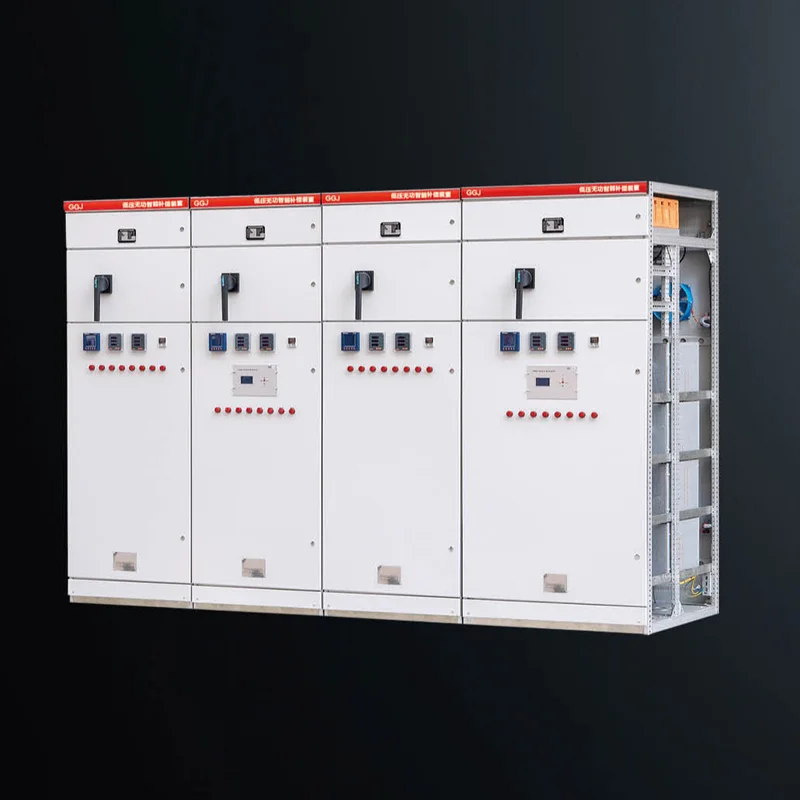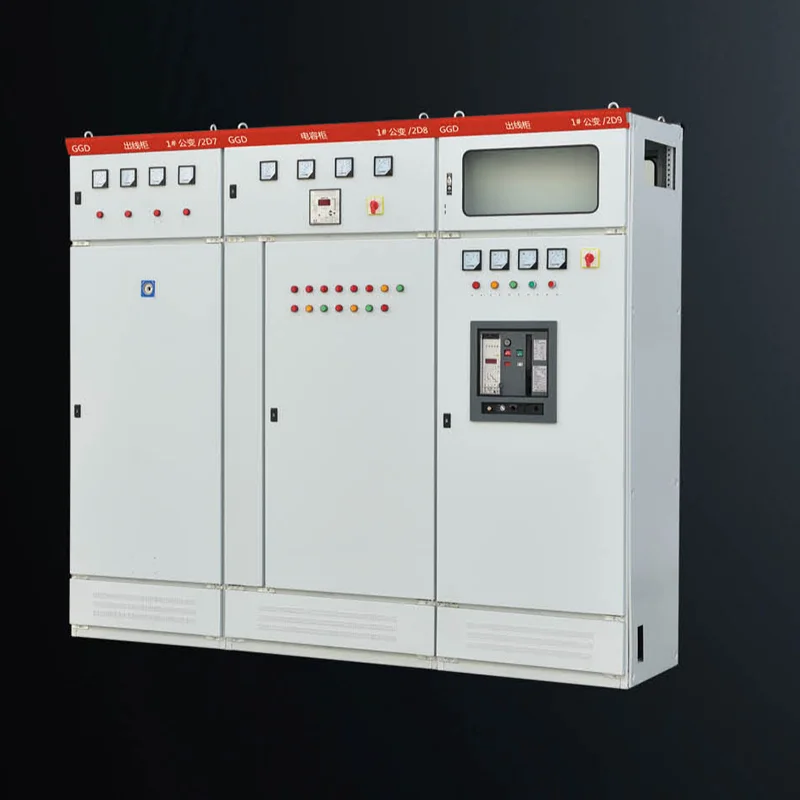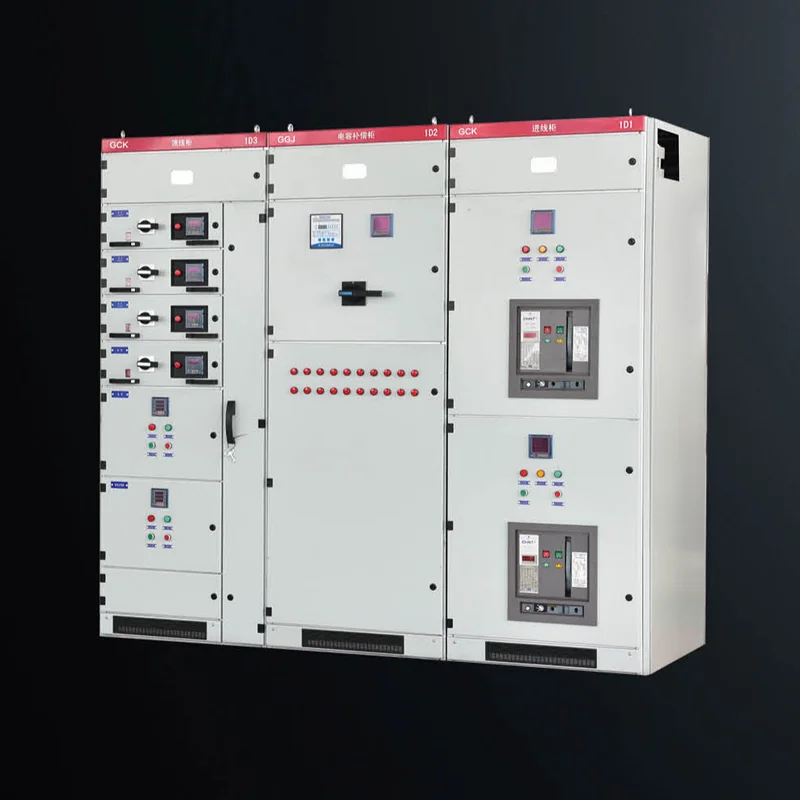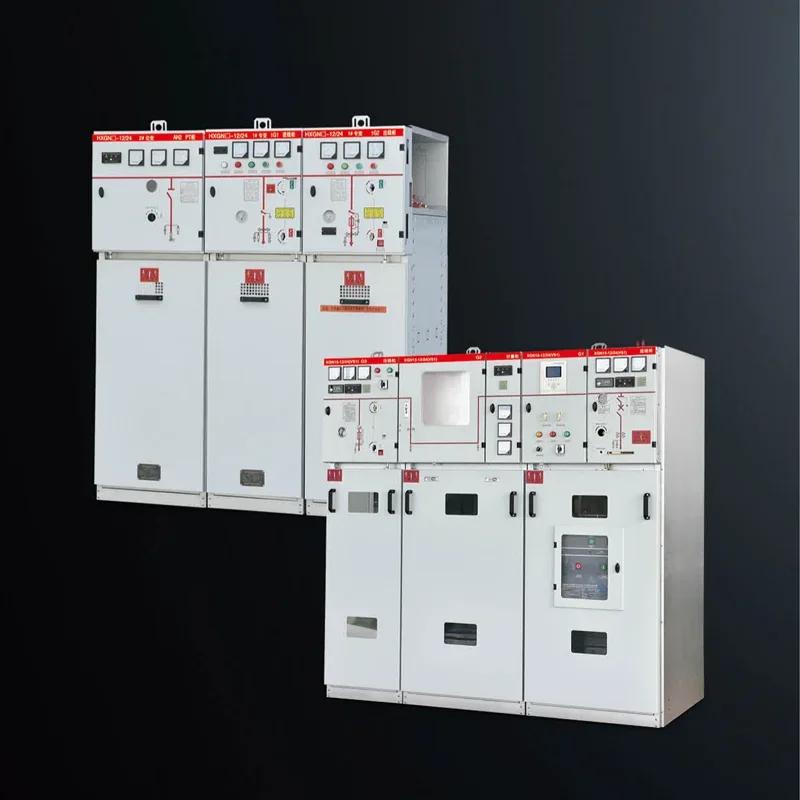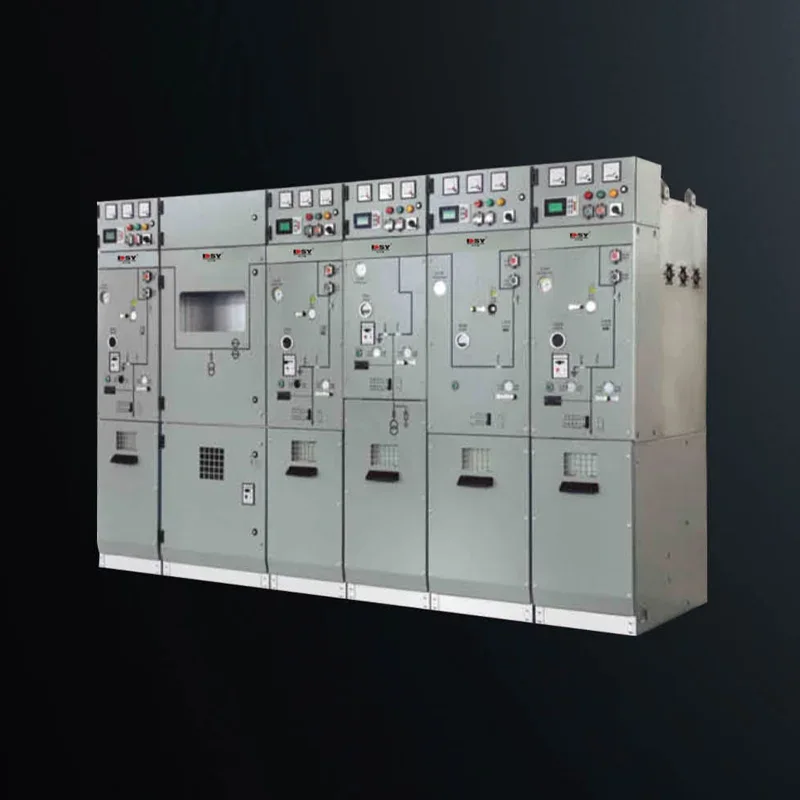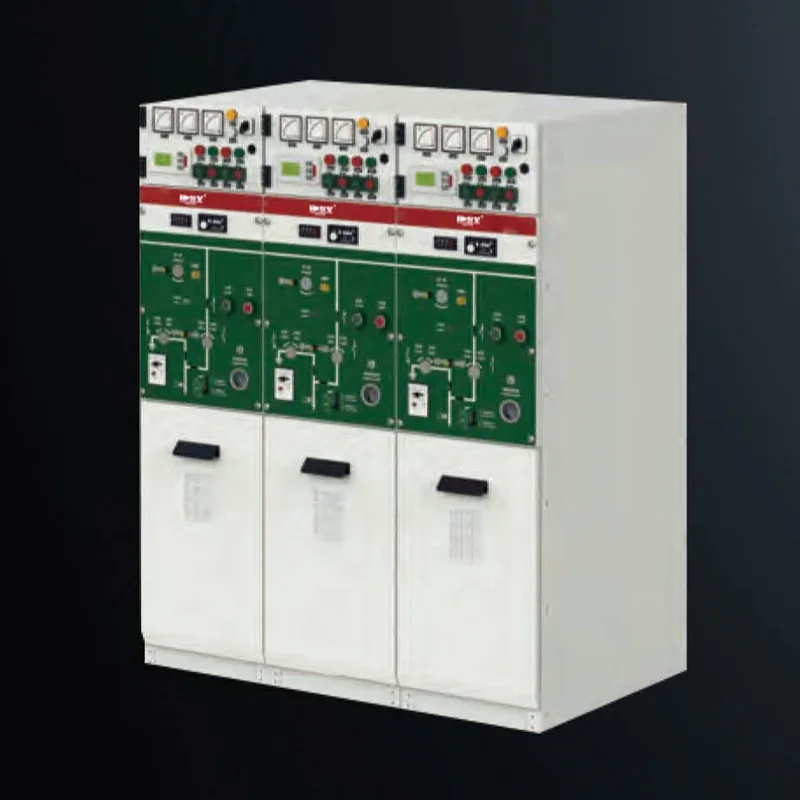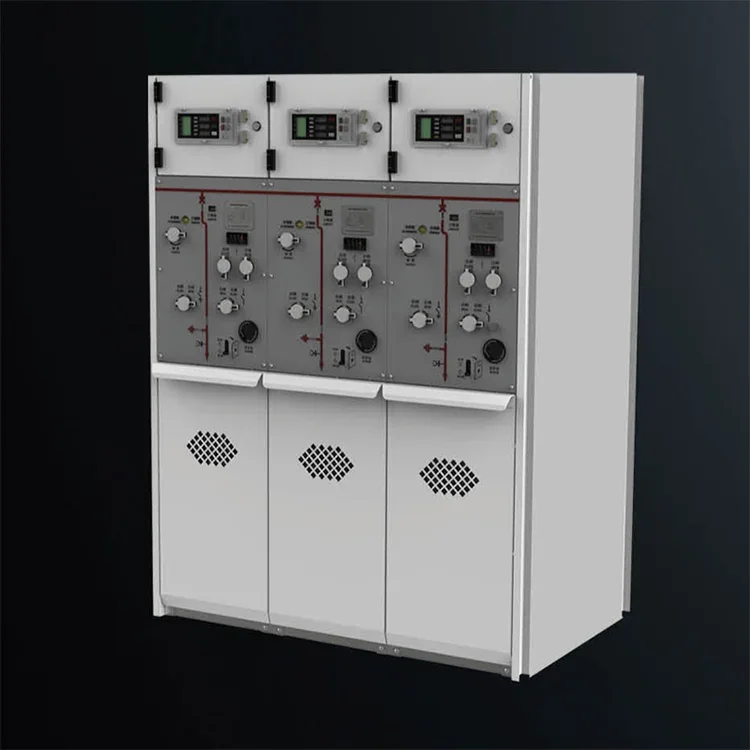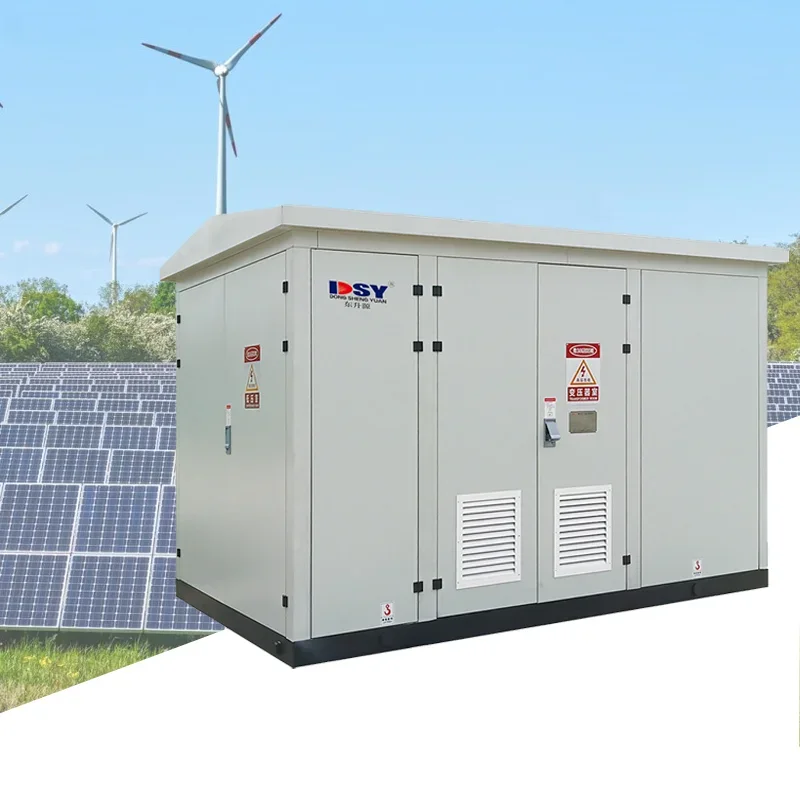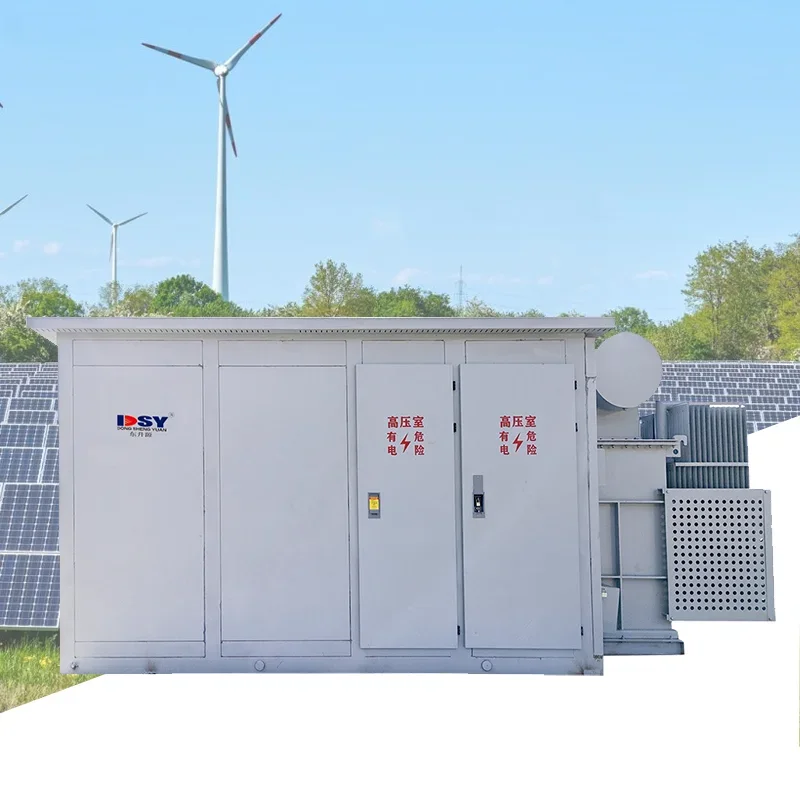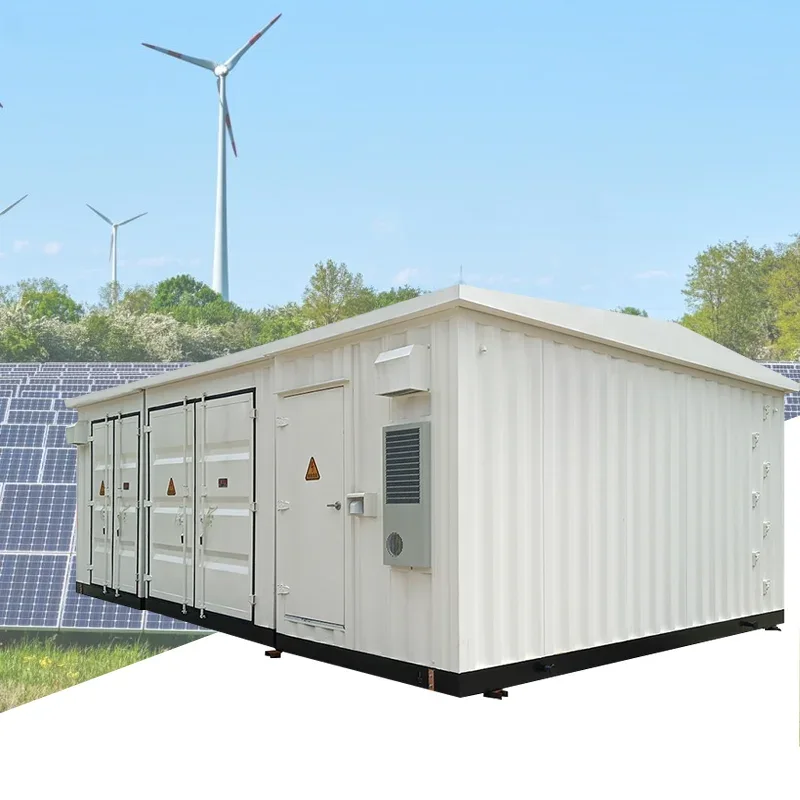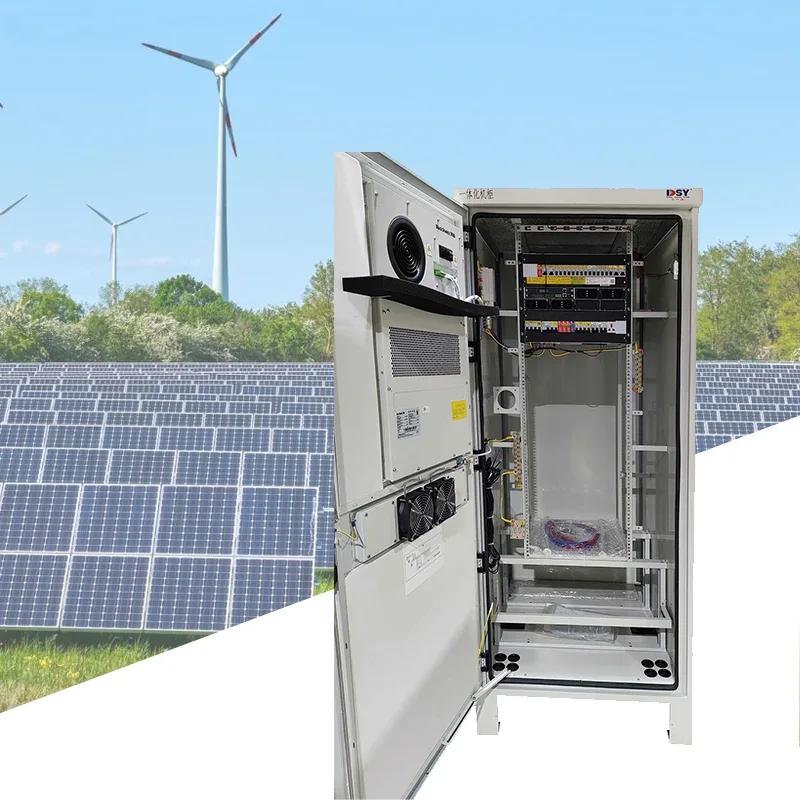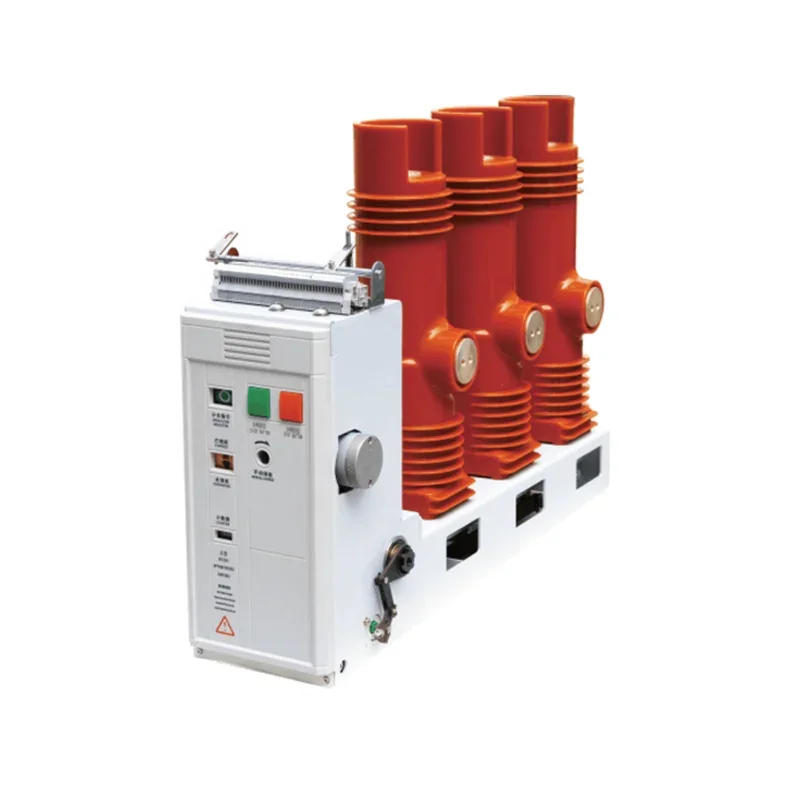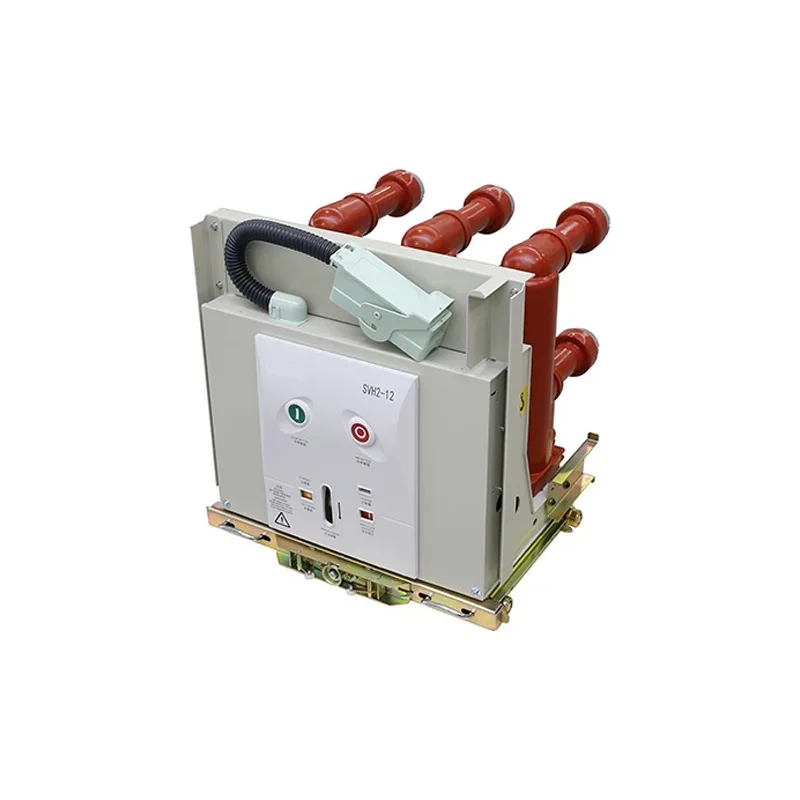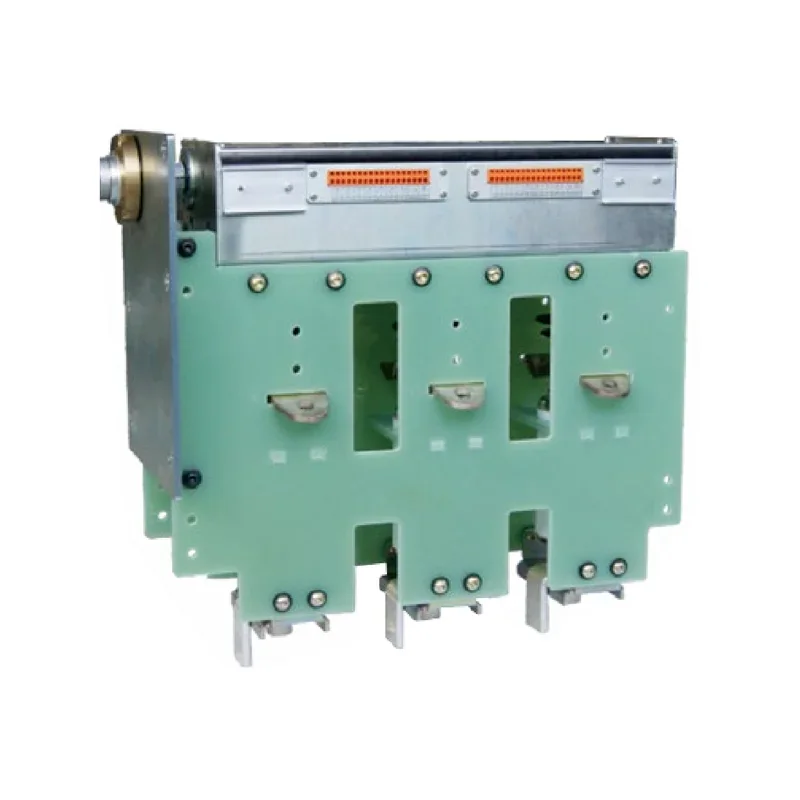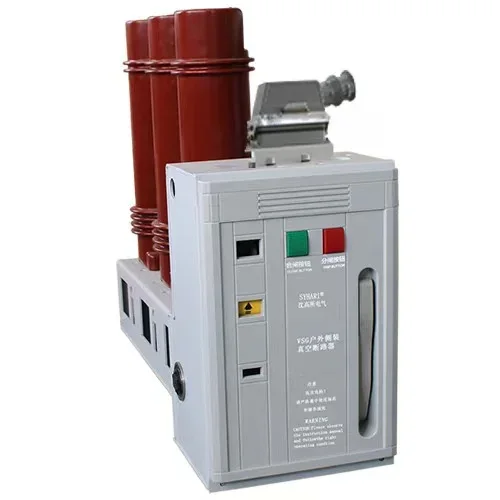Maximize Efficiency: Understanding the Benefits of a Switch Panel in High-Voltage Electrical Systems
Maximize Efficiency: Understanding the Benefits of a Switch Panel Table of Contents 1. Introduction to Switch Panels and Their Importance 2. What is a Switch Panel? 3. Benefits of Using Switch Panels in High-Voltage Applications 3.1 Enhanced Safety Features 3.2 Improved Operational Efficiency 3.3 Reliable Power Distribution 4.
May 27,2025
Maximize Efficiency: Understanding the Benefits of a Switch Panel
Table of Contents
- 1. Introduction to Switch Panels and Their Importance
- 2. What is a Switch Panel?
- 3. Benefits of Using Switch Panels in High-Voltage Applications
- 4. Switch Panel Design and Technology Innovations
- 5. Key Applications of Switch Panels in Various Industries
- 6. Maintenance and Reliability of Switch Panels
- 7. Frequently Asked Questions
- 8. Conclusion: The Future of Switch Panels in Electrical Systems
1. Introduction to Switch Panels and Their Importance
In the realm of **high-voltage electrical systems**, a switch panel serves as a critical component, facilitating the management and distribution of electrical power. Understanding the role of switch panels is essential for engineers and facility managers who aim to optimize efficiency and safety. **Switch panels**, also known as switchgear, act as the nerve center for electrical installations, enabling the control of power flow, protection of electrical equipment, and ensuring operational reliability.
2. What is a Switch Panel?
A switch panel is a comprehensive assembly of electrical switches, circuit breakers, fuses, and control devices. It is designed to protect electrical circuits, manage power distribution, and enhance overall system efficiency. Switch panels come in various configurations tailored to specific voltage ratings, load capacities, and operational requirements, making them indispensable in industrial, commercial, and residential applications.
3. Benefits of Using Switch Panels in High-Voltage Applications
The use of switch panels in high-voltage electrical systems offers numerous advantages that significantly impact operational efficiency and safety.
3.1 Enhanced Safety Features
Safety is paramount in high-voltage environments. Switch panels are designed with multiple safety features, including **overcurrent protection**, **short circuit protection**, and **ground fault detection**. These mechanisms prevent hazardous situations, ensuring that personnel remain safe while working around high-voltage equipment. Additionally, many switch panels are equipped with interlocks that prevent operation during maintenance, further mitigating risks.
3.2 Improved Operational Efficiency
Switch panels contribute to improved operational efficiency by allowing for seamless control of electrical currents. With the right switch panel, operators can manage power distribution to various circuits without manual intervention. This not only streamlines operations but also reduces downtime due to electrical faults. Furthermore, modern switch panels are designed for energy efficiency, minimizing losses during power distribution.
3.3 Reliable Power Distribution
Reliable energy distribution is crucial for any operation. Switch panels ensure that power is evenly distributed across circuits, preventing overloads and ensuring that all components receive the necessary voltage. This reliability translates into fewer interruptions and a more stable power supply, which is vital for industries that depend on continuous operation.
4. Switch Panel Design and Technology Innovations
As technology advances, so does the design and functionality of switch panels. Innovations in materials and technology have led to more efficient and durable products.
4.1 Materials and Industry Standards
The materials used in switch panels are of utmost importance. High-quality materials ensure durability and resistance to environmental factors. Standards set by organizations such as the **Institute of Electrical and Electronics Engineers (IEEE)** and the **International Electrotechnical Commission (IEC)** guide the design and construction of switch panels, ensuring safety and efficiency.
4.2 Smart Switch Panels
The introduction of smart technology into switch panels has revolutionized the electrical industry. **Smart switch panels** feature integrated monitoring systems that provide real-time data on energy consumption, equipment status, and potential faults. This information allows operators to make informed decisions, improving overall system management.
5. Key Applications of Switch Panels in Various Industries
Switch panels are utilized across a wide range of industries, each benefitting from the unique advantages they offer.
- **Manufacturing**: In manufacturing plants, switch panels control machinery and monitor power usage, ensuring operational efficiency.
- **Energy Generation**: Power plants rely on switch panels to manage the distribution of electricity generated from various sources, including fossil fuels and renewables.
- **Commercial Buildings**: In commercial settings, switch panels help manage lighting, heating, and cooling systems, contributing to energy savings.
- **Transportation**: Airports and railways utilize switch panels for their electrical systems, ensuring safety and reliability in operations.
6. Maintenance and Reliability of Switch Panels
Regular maintenance of switch panels is essential to ensure their longevity and reliability. Routine inspections should focus on various aspects, including:
- **Visual inspections** for signs of wear and tear.
- **Testing electrical connections** to ensure they are secure and functioning.
- **Cleaning** to prevent dust accumulation, which can lead to overheating.
Investing in maintenance not only extends the life of switch panels but also prevents costly downtime.
7. Frequently Asked Questions
1. What is the difference between a switch panel and a switchboard?
A switch panel is generally a smaller, more compact assembly designed for specific applications, while a switchboard serves as a larger distribution point for electrical circuits.
2. How often should switch panels be maintained?
Switch panels should be inspected regularly, ideally every 6 to 12 months, to ensure they are functioning correctly and safely.
3. Can switch panels be customized for specific applications?
Yes, switch panels can be customized based on voltage, load requirements, and specific safety features to meet the needs of various applications.
4. What safety features should I look for in a switch panel?
Look for features such as overcurrent protection, short circuit protection, grounding mechanisms, and interlock systems to ensure maximum safety.
5. How do smart switch panels enhance efficiency?
Smart switch panels provide real-time monitoring and data analysis, allowing operators to optimize power usage and respond quickly to any issues that arise.
8. Conclusion: The Future of Switch Panels in Electrical Systems
Switch panels play a vital role in the efficiency and safety of high-voltage electrical systems. As technology continues to evolve, the advancements in switch panel design and functionality promise a future of enhanced performance and reliability. By understanding and implementing these systems effectively, businesses can maximize their operational efficiency while ensuring the safety of their electrical installations. Embracing smart technology will further propel industries into a new era of power management, making switch panels an indispensable asset in high-voltage applications.
Related News
The difference between circuit breakers and vacuum circuit breakers
Circuit breaker is an abbreviation for pole type circuit breaker. Circuit breakers are also vacuum circuit breakers
Voltage regulators are required for various places that require voltage control, such as controlling lighting

